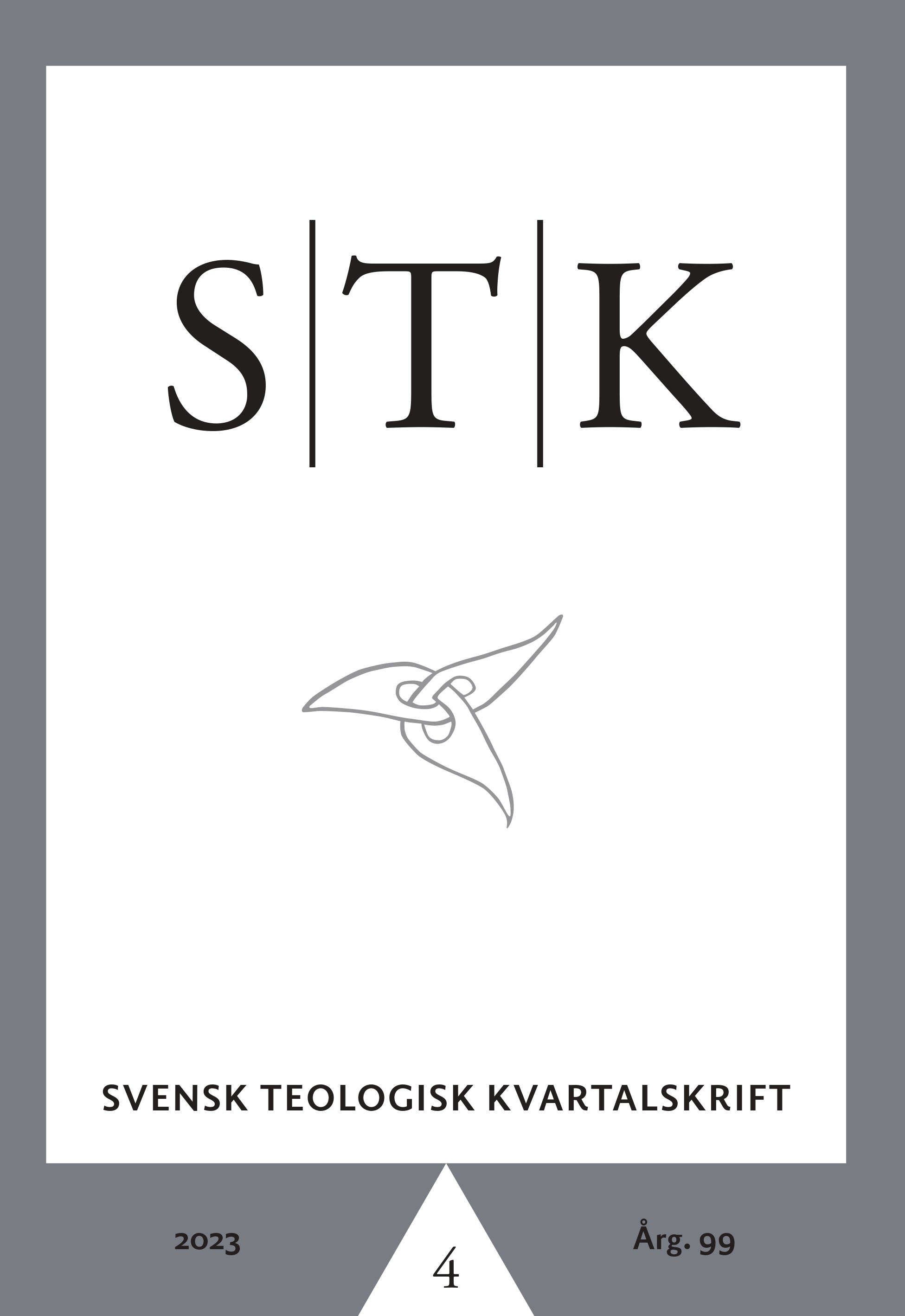The Impact of Knowledge on the Interpretation of Ethics
Some Examples from Islamic Philosophy of Religion
DOI:
https://doi.org/10.51619/stk.v99i4.25767Abstract
The overall theme of this article is the relationship between knowledge, religion, and ethics in Islam. The first goal is to show how the concept of knowledge has been understood in relation to religion and intellectual life and what the relationship is between universal, philosophical, and religious knowledge. The second goal is to show, using examples from Islamic philosophy of religion, how a certain concept of knowledge affects the interpretation of morals and Islamic ethics. This implies, among other things, a discussion of epistemology, the interpretation of the Qur'an, and the definition of ethical principles. A general assumption is that the definition of a Muslim as a moral agent – which is considered one of the central issues of the Qur'an, Sunnah, and Islam in general – is not given as an unequivocal category, but is subject to constant discussion that takes place at different levels and areas. This is especially evident in modern Islamic philosophical-theological discourse, where Fazlur Rahman, Mohammed Arkoun, Hassan Hanafi, Abdolkarim Soroush, and Amina Wadud are only some of the important actors of the discussion.
Downloads
Publicerad
Nummer
Sektion
Licens
Copyright (c) 2023 Safet Bektovic

Detta verk är licensierat under en Creative Commons Erkännande-Ickekommersiell-IngaBearbetningar 4.0 Internationell-licens.


